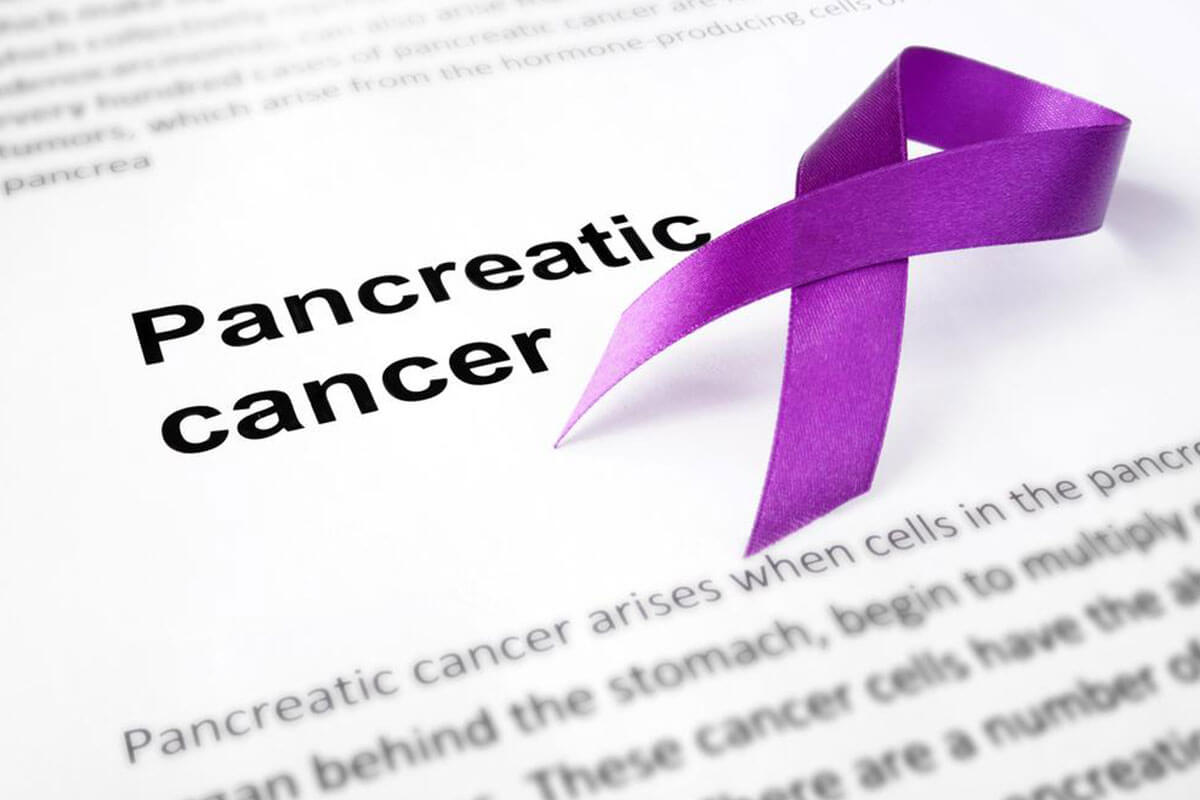9 Pancreatic Cancer Symptoms You Wouldn’t Believe Exist

Cancers of different kinds are diseases that do not have a direct cause. Here are a few pancreatic cancer symptoms that could help understand and diagnose the condition in time for a good prognosis.
Pancreatic cancer is a disease where malignant (cancerous) cells are formed within the tissues of the pancreas. The result of metastasis (where the tumor spreads and invades the other healthy organs and grows) is a more serious condition that is difficult to treat. Pancreatic cancer is a disease that is generally caused due to damage or mutations to the DNA. Often these mutations are inherited from either or both parents or could develop as we grow older.
There are two types of pancreatic cancer – tumors affecting the exocrine or the endocrine functions of the pancreas. Tumors affecting the exocrine are the most commonly found ones. 95 percent of exocrine pancreatic cancers are a result of a malignant tumor called an adenocarcinoma.
Tumors found in the endocrine and exocrine of the pancreas have varied signs and symptoms depending on where exactly it is located, the size of the tumor, and how far the cancer has spread. Though pancreatic cancer symptoms are rare, and they may not even be very prominent unless the cancerous cells have begun growing, here are a few of the surprising pancreatic cancer symptoms that you may never have connected to this condition.
- Unexplained weight loss
Weight loss is one of the common pancreatic cancer symptoms that is easy to misdiagnose. Weight loss induced by cancer, also termed as ‘cancer cachexia’ is a problem affecting the way the body uses or rather breaks down the calories and proteins ingested. This condition leads to burning more calories, breaking down of muscle, and decrease in appetite thereby leading to unreasonable weight loss.
- Pain in the abdomen
Another one of the surprising pancreatic cancer symptoms is unstoppable pain in the upper abdomen area. This pain often spreads from around the stomach area to the back due to constant pressure coming from the tumor that disturbs the connecting nerves.
- Jaundice
Did you know that jaundice could be one of the pancreatic cancer symptoms you are facing? When the cancerous cells begin to interfere with the bile duct and the liver, it results in the skin and the eyes turning yellow and pale, as well as in the production of darker urine. Most of the patients report jaundice in the initial stages of pancreatic cancer.
- Itching
This is one of the stranger pancreatic cancer symptoms that is a result of the increased bile salts that are produced in the bloodstream due to jaundice.
- Diabetes
It is quite often found that people who are diagnosed with pancreatic cancer are newly diabetic. Lack of insulin among diabetic individuals lead to increased level of sugar in the blood that is passed out of the system through urine. This also carries away a large amount of water with it causing excessive thirst, weakness, weight loss, fatigue, hunger etc.
- Abnormal digestion
Digestive difficulties such as nausea, indigestion and/or poor appetite may also be pancreatic cancer symptoms. When the tumor begins to press against the stomach or the duodenum (beginning portion of the small intestine), it could result in the food remaining in the stomach, thereby causing digestive difficulties. In the case of pancreatic cancer, indigestion is also caused when the tumor begins to obstruct the duct from which the pancreatic enzymes flow.
- Blood clots
Any form of cancer causes changes in blood resulting in the formation of blood clots, quite often in the large veins of the leg. This condition is also called as DVT (deep venous thrombosis) which could cause swelling and pain in the leg that is affected. Although the development of blood clots is one of the many pancreatic cancer symptoms, yet it isn’t necessary that all blood clots are a direct symptom of the cancer. They can be caused by other factors as well.
- Changes in bowel movements
A symptom of pancreatic cancer called as ‘steatorrhea’ is developed when the pancreatic duct is blocked. Since the body is unable to absorb the food properly, the stool is passed with excessive fat, with large motions, and has a distinctively changed color (pale or grey colored) which is also known as acholic stool.
- Enlarged gallbladder
If the cancerous tumor begins obstructing the bile duct, the excessive bile will be collected in the gallbladder, thereby resulting in the enlargement of the gall bladder. Doctors recognize it as an oversized lump under the right side of the ribs. It can be treated through a simply surgical procedure, if the tumor is benign in nature.
These are a few of the surprising pancreatic cancer symptoms that are easy to mistake as being caused by other conditions. If you see one or more of these pancreatic cancer symptoms, seek help immediately.



